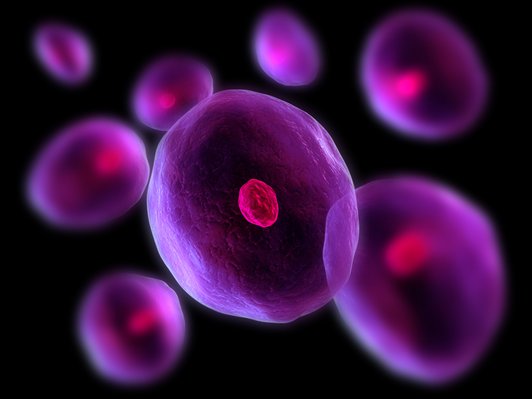
Helmholtz Diabetes Center Helmholtz Institute for Metabolic, Obesity and Vascular Research
The Helmholtz Institute for Metabolic, Obesity and Vascular Research (Helmholtz-Institut für Metabolismus-, Adipositas- und Gefäßforschung, HI-MAG) in Leipzig investigates molecular mechanisms linking adipose tissue dysfunction to metabolic and vascular diseases.
The Helmholtz Institute for Metabolic, Obesity and Vascular Research (Helmholtz-Institut für Metabolismus-, Adipositas- und Gefäßforschung, HI-MAG) in Leipzig investigates molecular mechanisms linking adipose tissue dysfunction to metabolic and vascular diseases.
Publications of HI-MAG
Read more2024 Scientific Article in Obesity
Fas (CD95) expression in adipocytes contributes to diet-induced obesity.
2024 Scientific Article in Obesity Research and Clinical Practice
Diurnal rythm of Nampt is gender and weight dependent.
2024 Scientific Article in STAR Protocols
Protocol for chromatin immunoprecipitation of histone modifications in frozen adipose tissue.
2024 Scientific Article in iScience
Unveiling the dynamics of acetylation and phosphorylation in SGBS and 3T3-L1 adipogenesis.
2024 Scientific Article in Cell Reports
GABAergic disinhibition from the BNST to PNOCARC neurons promotes HFD-induced hyperphagia.
2024 Scientific Article in Monatsschrift Kinderheilkunde
Deutsches Zentrum für Kinder- und Jugendgesundheit. Interdisziplinäre Forschung für eine gesunde Zukunft von Kindern und Jugendlichen.
2024 Scientific Article in Diabetes, Obesity and Metabolism
Visceral fat mass dynamics in a 2-year randomized STrength versus ENdurance training trial in people with obesity.
2024 Scientific Article in iScience



















































































































